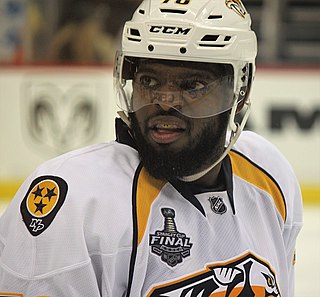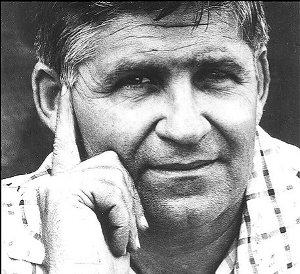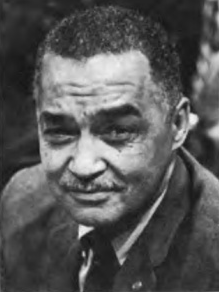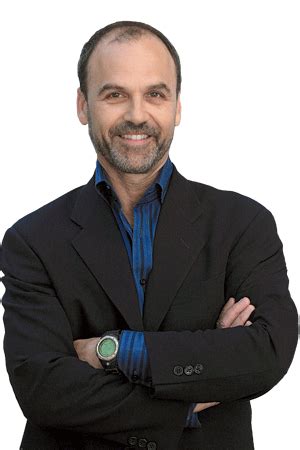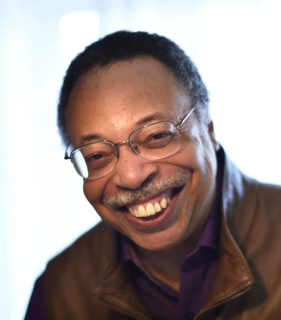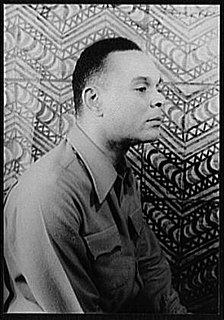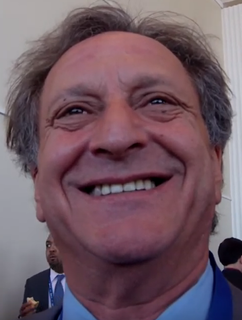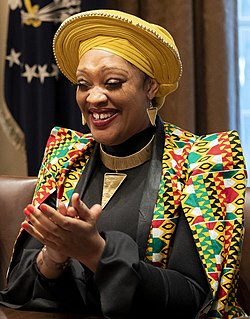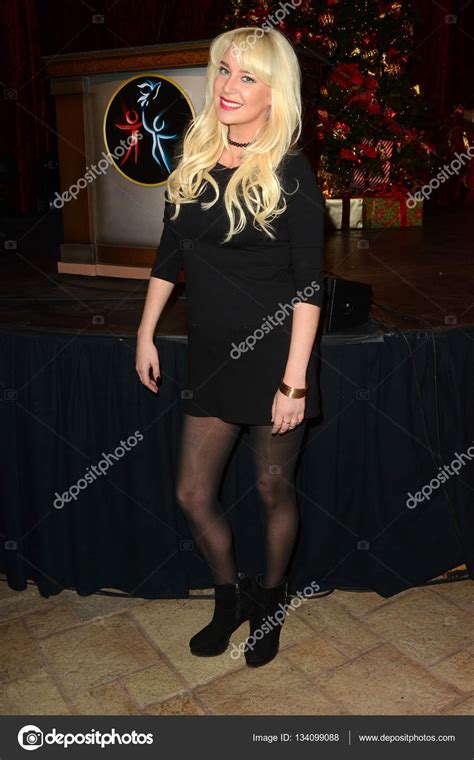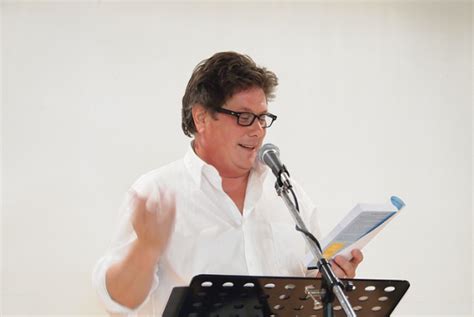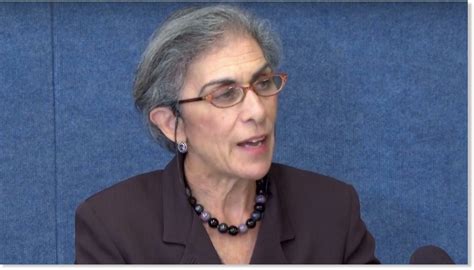Top 1200 Ending Racism Quotes & Sayings
Explore popular Ending Racism quotes.
Last updated on April 14, 2025.
Another response to racism has been the establishment of unlearning racism workshops, which are often led by white women. These workshops are important, yet they tend to focus primarily on cathartic individual psychological personal prejudice without stressing the need for corresponding change in political commitment and action. A woman who attends an unlearning racism workshop and learns to acknowledge that she is racist is no less a threat than one who does not. Acknowledgment of racism is significant when it leads to transformation.
Racism should be viewed as an intervening variable. You give me a set of conditions and I can produce racism in any society. You give me a different set of conditions and I can reduce racism. You give me a situation where there are a sufficient number of social resources so people don't have to compete for those resources, and I will show you a society where racism is held in check.
Critical Race Theory offers of discrimination frameworks as ways of understanding and eradicating racism. The focus on "discrimination" as the way to understand racism in the US has meant that racism is considered a question of discriminatory intentions - whether or not somebody intentionally left someone out or did something harmful because of their biased feelings about a person's race. This focus on individual racists with bad ideas hides the reality that racism exists wherever conditions of racialized maldistribution exist.
I want to expand the question of when something is done. I want to vex the ending. I want to mess around with that. I like the idea that if you make a work that has no clear ending, then you must play with the ending. Because if you don't, you're not highlighting the weird, lovely openness of abstraction.
And what is the Republican solution to these outrageous [racial] inequalities? There isn't one. And that's the point. Denying racism is the new racism. To not acknowledge those statistics, to think of that as a 'black problem' and not an American problem. To believe, as a majority of FOX viewers do, that reverse-racism is a bigger problem than racism, that's racist.
We always talk about how, obviously, there is still very in-your-face aggressive racism. But there's a lot of passive racism that, in the moment, you don't even realize is racist. You chalk it up as a strange interaction you had, and then you look at the context of it later on and realize the root of it was racism.
It's always easiest for me as a writer if I know I have a great ending. It can make everything else work. If you don't have a good ending, it's the hardest things in the world to come up with one. I always loved the ending of 'The Kite Runner,' and the scenes that are most faithful to the book are the last few scenes.
The problem is that white people see racism as conscious hate, when racism is bigger than that. Racism is a complex system of social and political levers and pulleys set up generations ago to continue working on the behalf of whites at other people's expense, whether whites know/like it or not. Racism is an insidious cultural disease. It is so insidious that it doesn't care if you are a white person who likes Black people; it's still going to find a way to infect how you deal with people who don't look like you.
The way racism works in Canada, it's very subtle. You may feel you're a victim of racism or have experienced racism, but you can't necessarily prove it - unless you get a [white] friend to go check out that rental, go check out that job, whatever. Unless you're willing to really dig to prove you're a victim of racism, it might be difficult to do that. And so what you're dealing with then is feeling, it's emotion.
If one lives in a country where racism is held valid and practiced in all ways of life eventually, no matter whether one is a racist or a victim, one comes to feel the absurdity of life....Racism generated from whites is first of all absurd. Racism creates absurdity among blacks as a defense mechanism.
The new racism: Racism without 'racists.' Today, racial segregation and division often result from habits, policies, and institutions that are not explicitly designed to discriminate. Contrary to popular belief, discrimination or segregation do not require animus. They thrive even in the absence of prejudice or ill will. It's common to have racism without racists.
You cannot be responsible for Jim Crow. You can not be responsible for racism. This is much more a problem for the person exercising racism.You are confronted with the reality of racism when you go in the streets, when the eyes of others come upon you. [James] Baldwin goes back with you to all the experiences you went through and gives a name to them, and explains why it is like this.







